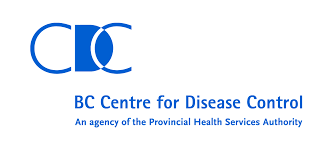We don’t always think about the impact of the words we use and the BC Centre for Disease Control (BCCDC) is trying to change that.
With the opioid crisis often in the news, Harm Reduction Lead says respectful language on addiction is more important now than ever.
“The language that people use, whether it’s in the healthcare profession or in the media, can create stigma,” says Dr. Jane Buxton, the harm reduction lead with the BCCDC. “We hear so much at the moment about the opioid overdose crisis – the language that’s used can be stigmatizing.If we’re stigmatizing people who are using substances, it’s going to prevent them from coming forward. They may be embarrassed. They may feel unable to tell their loved ones and, of course, if someone’s hiding their substance use, that is so dangerous.”
BC’s Provincial Health Officer has repeatedly warned that using drugs alone can increase the likelihood of fatal overdose.
#LanguageMatters when describing addiction & people who use drugs. Reduce stigma, #StopOverdose, via @CDCofBC https://t.co/9ZUkiFTh41
— BCCDC (@CDCofBC) March 9, 2017
Buxton says words like ‘drug abuser’ and ‘junkie’ are dehumanizing and reinforce the belief that addiction is a moral or personal issue rather than a medical disorder.
“We want to come across that this is a medical issue that can be treated, that people can come forward. By presenting addiction in this way, we realize that there’s lots of different factors that influence it.”
The BCCDC is hoping to change the conversation around addiction by encouraging people to use language that humanizes people who use drugs, reflects the medical nature of addiction and promotes recovery. A good rule of thumb is avoiding idioms and slang terms.
Something going on in the Prince George area you think people should know about?
Send us a news tip by emailing [email protected].






